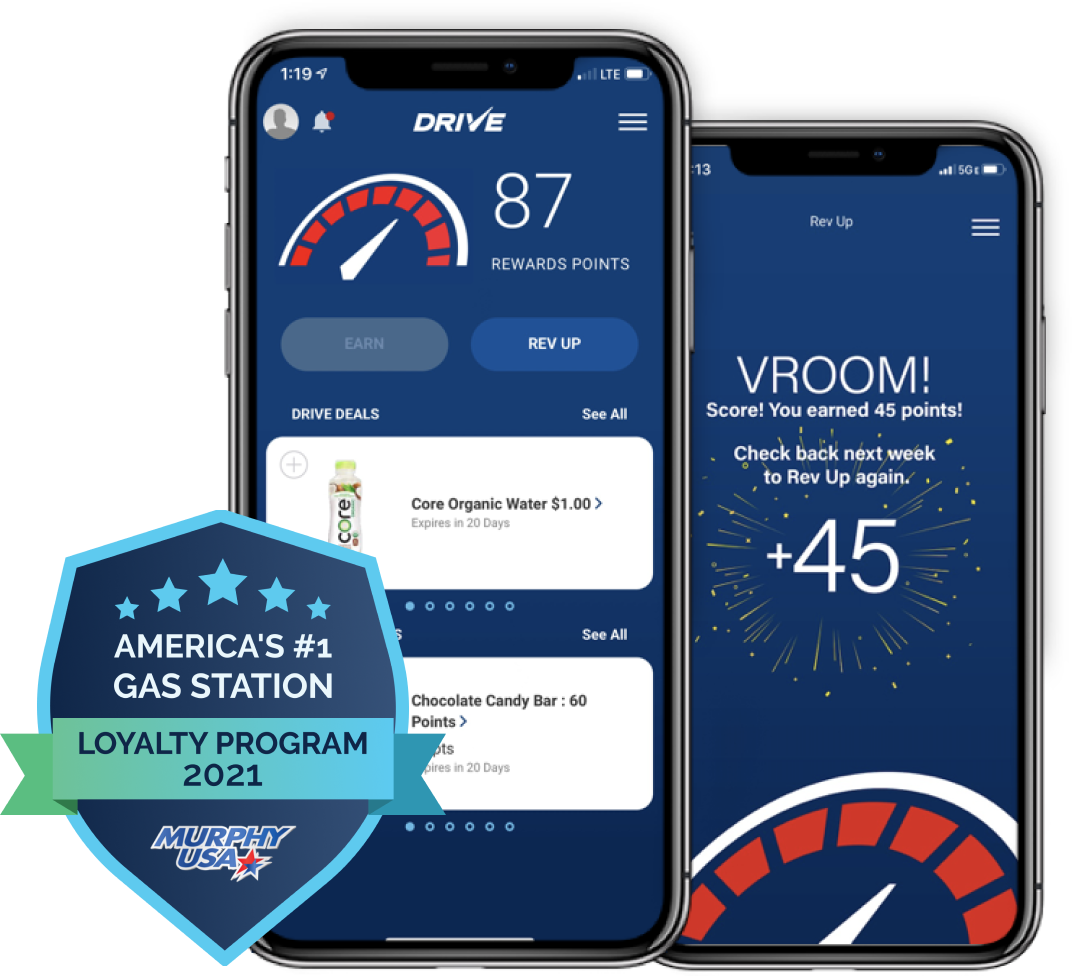 The October 7th announcement of Facebook Groups, which also introduced two other features, was initially met with a mixed reaction, as people tried to understand why Facebook was creating a feature that would replace the value of another feature (Lists) but would share the name of a third feature (old Groups). In short, Groups solves a set of problems: privacy, information overload, relevancy, and virality.
The October 7th announcement of Facebook Groups, which also introduced two other features, was initially met with a mixed reaction, as people tried to understand why Facebook was creating a feature that would replace the value of another feature (Lists) but would share the name of a third feature (old Groups). In short, Groups solves a set of problems: privacy, information overload, relevancy, and virality.
- User Solution: Groups allows users to post updates to sets of people, rather than their entire network, putting the user’s privacy back into their own hands.
- User Solution: Groups may shift some of the focus off of a user’s main newsfeed and onto individual Group feeds, thereby reducing the information overload and making each Group feed more relevant to the user in relation to the main newsfeed.
- Facebook Solution: Groups is opt-out, so users can tag one another, photo-style, making the feature extremely viral.
Groups, by itself, is really just a glorified message board feature. However, once developers have had a chance to play around with the API and pump out some awesome Groups integrations like Group Aggregators, Directories, Suggestion Engines, and Focus Groups, that’s when adoption rates will start to soar above the meager 5% that Lists was able to attain over the course of three years. But message boards aren’t hot or interesting…
So why would Facebook, who rarely designs solely with the user’s best interests in mind, want to revamp an old feature that doesn’t really help them move forward as a brand? Yes, Groups will provide additional advertising opportunities, and it does provide Facebook with an additional layer of user data to mine, but how does it help Facebook in the long term? Enter Facebook Places…
The world is going mobile. We can see this all around us. If you’re out and want to spontaneously meet friends for a movie, you take out your phone, find the closest showing, check the times, buy tickets, send your friends an email or text letting them know, and pull up turn-by-turn directions to the theater. All on your phone, all in an instant. Between April 2009 and April 2010, mobile application users increased 28%, but the largest increase in usage was in social networking: +240% year-over-year.
More and more, people will be using their phones as the swiss-army knife that connects their digital worlds to their real world. The most apparent element of that metaphor would be location-sharing services like Foursquare and Gowalla; however, thus far, Facebook Places has stumbled with adoption. The initial issue that users have is that they don’t want to share their location with all of their hundreds of Facebook friends; it’s simply too public and not relevant enough. This is where Groups could come into play.
Once Groups has matured a bit, Places could be extremely targeted and relevant. If I’m at a bar, I may want to post my location to a Group full of friends with whom I’d regularly share a pint. But if I’m at the Philadelphia Art Museum, I probably wouldn’t share that location with the same Group; maybe I’d share that location with a Group of friends that all take a once-a-week art class with me. And if my train is pulling into Penn Station in Manhattan, I might only want to share that with my connections who live in New York City. That is relevancy and real value.
Facebook essentially may have put the cart before the horse when they introduced Places before Groups. Groups will prove to be a fix in the foundation of the Facebook experience and allow other features to flourish. When, and if, Groups gains wider adoption, Places will be positioned as a robust feature that plays a significant role in our digital lives.





